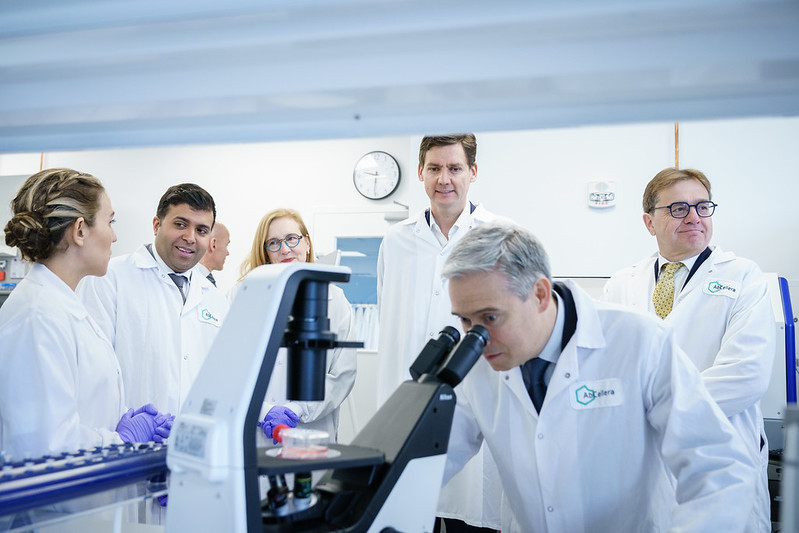Science is not just about laboratories and equations—it is a powerful tool for solving the world’s most pressing problems. From climate change to pandemics, scientific research provides the knowledge and innovations needed to protect humanity and the planet.
In this article, we will explore how science addresses global challenges, the key breakthroughs making a difference, and why continued investment in research is essential for a sustainable future.
1. Climate Change and Environmental Science
The Problem
Climate change, driven by greenhouse gas emissions, is causing extreme weather, rising sea levels, and ecosystem collapse. Without intervention, the consequences will be catastrophic.
Scientific Solutions
-
Renewable Energy – Solar, wind, and hydropower reduce reliance on fossil fuels. Advances in battery storage make clean energy more efficient.
-
Carbon Capture – Scientists are developing technologies to absorb CO₂ from the atmosphere and store it underground.
-
Climate Modeling – Supercomputers predict future climate patterns, helping governments plan mitigation strategies.
Success Stories
-
The Paris Agreement (2015) united nations in reducing emissions, guided by climate science.
-
Electric vehicles (EVs), powered by lithium-ion batteries, are cutting transportation emissions.

2. Pandemic Response and Medical Science
The Problem
Diseases like COVID-19, Ebola, and influenza threaten global health. Without rapid scientific responses, pandemics can devastate economies and lives.
Scientific Solutions
-
Vaccine Development – mRNA technology (used in COVID-19 vaccines) allows faster, more adaptable immunization.
-
Genomic Sequencing – Scientists track virus mutations in real time, improving outbreak control.
-
Antiviral Drugs – Medications like Paxlovid reduce severe illness and death rates.
Success Stories
-
The COVID-19 vaccine was developed in under a year, saving millions.
-
Eradication of smallpox (1980) through global vaccination campaigns.
3. Food Security and Agricultural Science
The Problem
With a growing population (expected to reach 10 billion by 2050), ensuring food security is critical. Climate change, soil degradation, and water scarcity threaten agriculture.
Scientific Solutions
-
Genetically Modified Crops (GMOs) – Drought-resistant and high-yield crops boost production.
-
Vertical Farming – Indoor, soil-less farming uses 95% less water than traditional methods.
-
Lab-Grown Meat – Cultured meat reduces the environmental impact of livestock farming.
Success Stories
-
The Green Revolution (1960s) used hybrid crops and fertilizers to prevent famine in Asia.
-
CRISPR-edited crops are being tested for disease resistance.
4. Clean Water and Pollution Control
The Problem
Over 2 billion people lack access to clean water, while pollution (plastic, chemicals) harms ecosystems.
Scientific Solutions
-
Desalination – Turning seawater into drinkable water using solar-powered plants.
-
Nanofiltration – Advanced membranes remove microplastics and toxins from water.
-
Bioremediation – Using bacteria to break down oil spills and industrial waste.
Success Stories
-
The Netherlands’ flood prevention systems use predictive modeling to protect against rising seas.
-
The Montreal Protocol (1987) phased out ozone-depleting chemicals, healing the ozone layer.
Challenges and the Way Forward
Despite progress, obstacles remain:
-
Funding Gaps – Many solutions require large-scale investment.
-
Political Resistance – Some governments ignore scientific recommendations.
-
Public Skepticism – Misinformation (e.g., anti-vaccine movements) slows progress.
To overcome these, we must:
✅ Increase global research funding.
✅ Strengthen science education.
✅ Promote evidence-based policymaking.
Conclusion
Science is humanity’s best hope for solving global crises. From curing diseases to fighting climate change, researchers are working tirelessly to secure a better future. By supporting scientific innovation, we can ensure a healthier, more sustainable world for generations to come.
